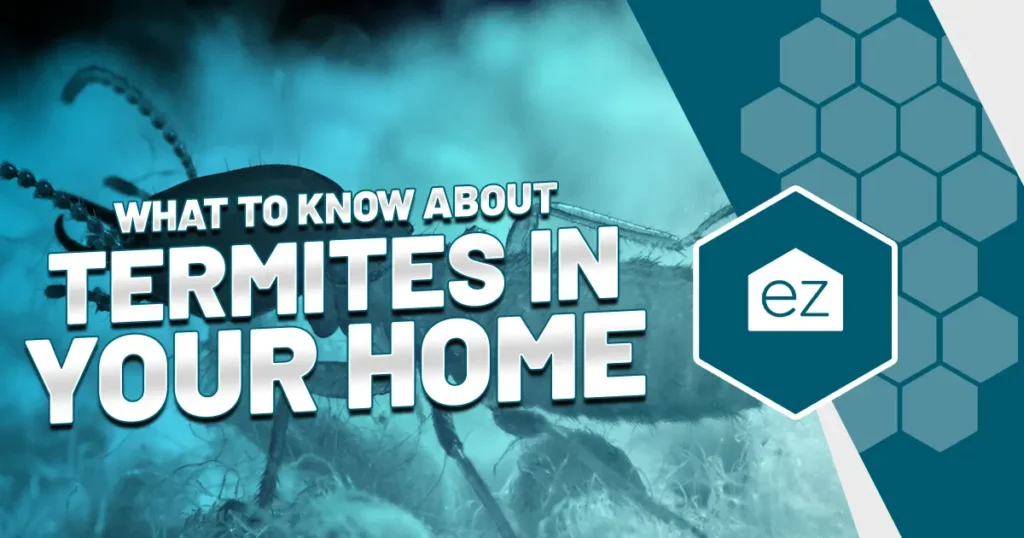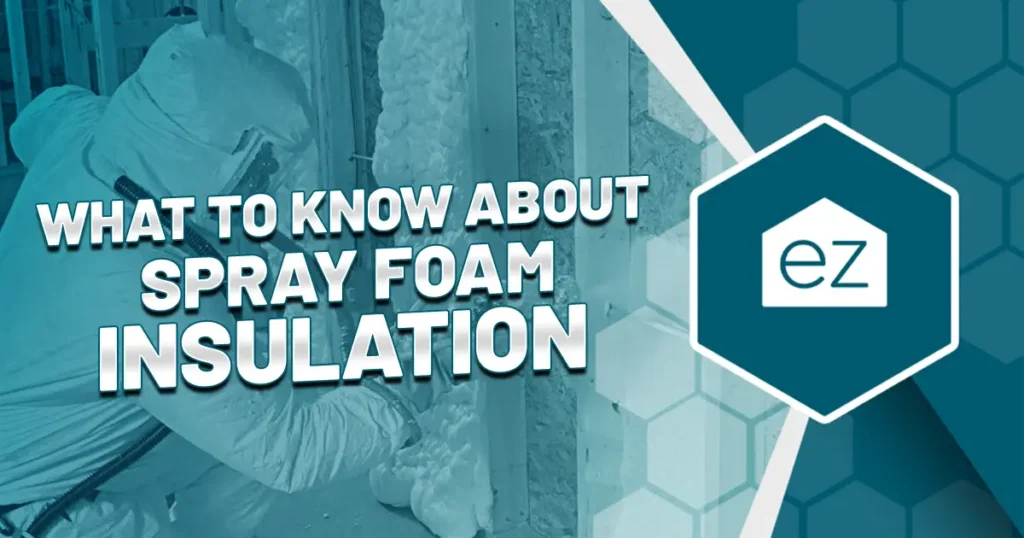Earnest Money Information for Home Buyers
 Earnest money deposits are an inevitable part of the home-buying process. If you’ve put an offer down on a home and that offer has been accepted, the very next step is writing an earnest money check to the escrow company. Know what earnest money is and how to leverage it to show you’re a serious buyer.
Earnest money deposits are an inevitable part of the home-buying process. If you’ve put an offer down on a home and that offer has been accepted, the very next step is writing an earnest money check to the escrow company. Know what earnest money is and how to leverage it to show you’re a serious buyer.
For informational purposes only. Always consult with a licensed real estate professional before proceeding with any real estate transaction.
What is an Earnest Money Deposit?
An earnest money deposit or “good faith” deposit is a check written by the buyer to the seller after the seller has accepted an offer on their home. It shows your offer has been made with the earnest intent to buy the home, and you have funds to do so. The earnest money deposit is held in an escrow account until the escrow period closes when the earnest money deposit is rolled into the down payment on the house.
If the buyer breaks the home purchase contract midway through the escrow process, the earnest money deposit may be given to the seller. So not only does an earnest money deposit signal intent to buy but it is an incentive to the buyer not to cancel the contract unless it’s necessary. That’s why these monies are also called a “good faith deposit,” because the buyer really does intend to purchase the house in good faith.
How Much is the Earnest Money Deposit?
Earnest money amounts vary depending on the cost of the house and the area where the home is being purchased. The home deposit amount can be negotiated, but typically, it’s about 1% or 2% of the price of the house. Buyers who are very serious about purchasing a home in a competitive environment may be able to convince a seller to accept their offer by offering a higher deposit on the home.
When Do You Pay Earnest Money?
The earnest money check is written to the seller as soon as they accept the home offer and sign the purchase agreement. This kicks off the escrow process because the deposit is held in the escrow account until the home purchase is finalized or canceled. You’ll do this before any other next steps, like locking in your mortgage rate or scheduling the home inspection.
Can You Cancel the Home Purchase Without Losing Earnest Money?
Home purchase contracts have clauses called contingencies, which enable the home buyer to back out of the contract without losing their earnest money. Although most home purchase contracts have multiple contingencies listed, contingencies do vary from one purchase contract to another depending on the needs of the buyer. Some common home-buying contingencies include:
- Financing contingency. The financing contingency enables the home buyer to cancel the contract if they can’t get financing for the home purchase.
- Appraisal contingency. This contingency applies only if the home does not appraise for an amount equal to or higher than the offer on the home.
- Home inspection contingency. If the home inspection turns up big problems with the property, this contingency enables the buyer to renegotiate or cancel the offer.
Contingencies are designed to protect the home buyer. Sometimes, home buyers waive contingencies to make their offer more attractive. This is especially common among people purchasing homes in markets with many motivated buyers and few homes for purchase.
Contact Your Real Estate Professional
Earnest money deposits on a home can be confusing to people who are unfamiliar with the home-buying process. The best way to navigate the process of making an offer and writing an earnest money check is to work with a real estate professional. Your real estate agent can help you negotiate an offer that will stand out among other offers.
For informational purposes only. Always consult with a licensed real estate professional before proceeding with any real estate transaction.
Updated November 2023
Start Your Home Search
Preston Guyton
Share this Post
Related Articles
Buying a Home
Conforming Loan Limits: A Guide for Homebuyers
Buying a Home
What to Know About Termites In Your Home
Buying a Home
What to Know About Spray Foam Insulation
Buying a Home





